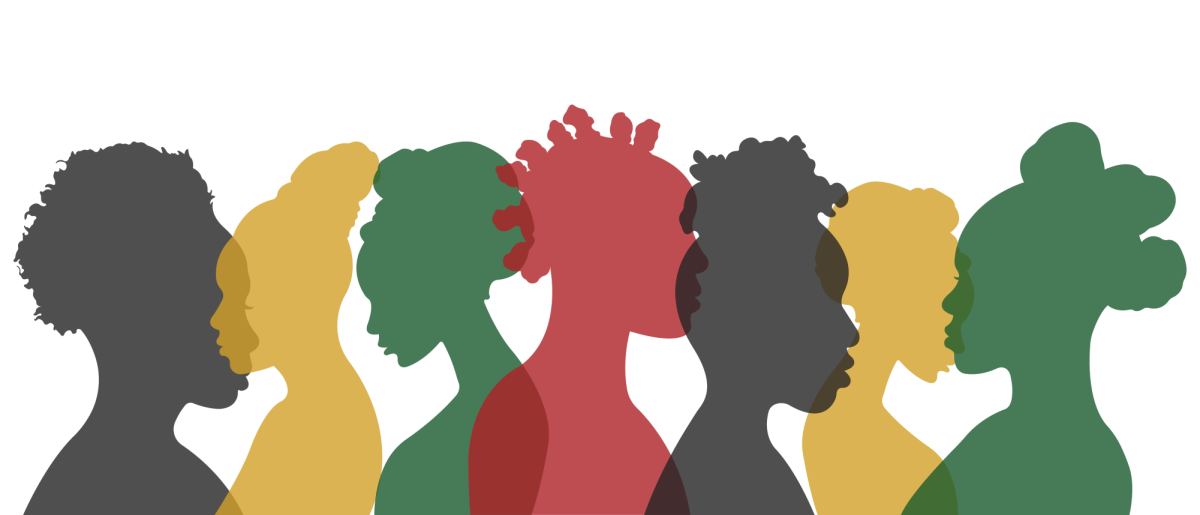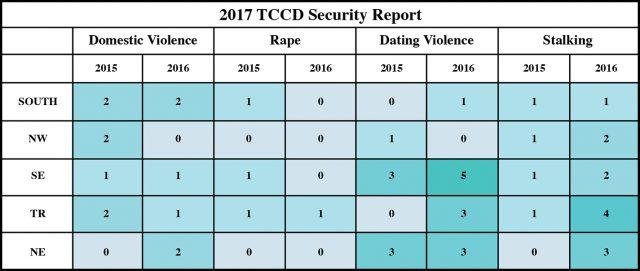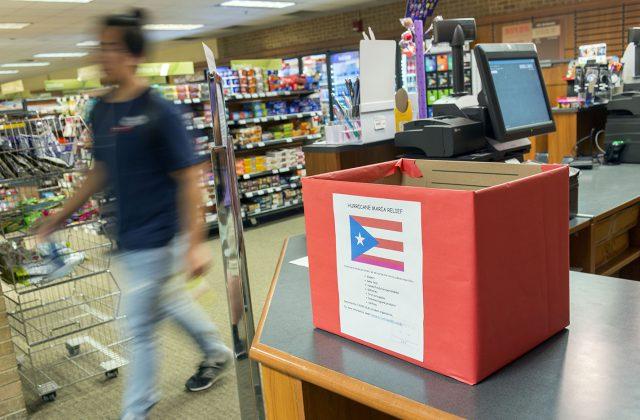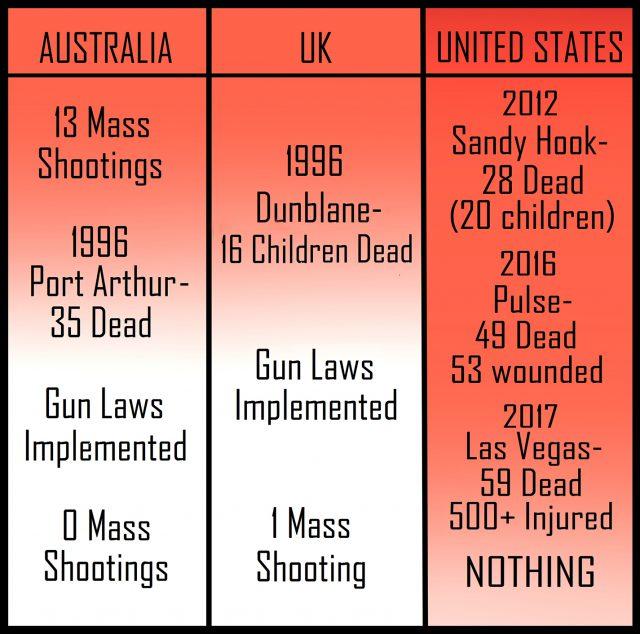By Kathryn Kelman/editor-in-chief
The current administration continued its targeting of LGBTQ people, flaunted it on an international stage and then tried to lie about it.
The United Nations considered a resolution Sept. 29 declaring it unacceptable to execute people for having gay sex. The U.S. voted against it.
And if that wasn’t bad enough, the U.S. also supported two amendments put forth by Russia stating the death penalty was not necessarily “a human rights violation.”
While the resolution ultimately passed and the amendments failed, the U.S. has been under fire for failing to protect the rights of LGBTQ people around the world.
The U.S. State Department has since attempted to explain the U.N. vote but failed miserably.
Spokesperson Heather Nauert defended the vote Oct. 3 saying the U.S. had “broader concerns” about the resolution’s language regarding the death penalty, and they had hoped the resolution would better reflect the positions of states that continue to apply the death penalty lawfully as the U.S. does.
Nauert also said the U.S. does condemn the application of the death penalty for conduct such as homosexuality, and U.N. Ambassador Nikki Haley tweeted that the current administration has always fought for justice for the LGBTQ community.
Neither are true.
Nauert’s explanation was a misleading summary of the actual text of the resolution, and Haley’s tweet ignores the hostile actions the Trump administration has already taken against justice for the LGBTQ community, in particular the transgender community.
While the resolution does refer to various other instances where the death penalty has been condemned, the resolution’s recommendations only address the discriminatory use of the death penalty. While it does ask countries to consider ratifying a protocol that aims to abolish the death penalty, the resolution doesn’t require it.
The rest of the resolutions’ calls to action refer to how the death penalty is used, not whether it should be. It calls on countries that haven’t abolished the death penalty, like the U.S., to ensure it isn’t being used in a discriminatory way and to take all possible precautions to protect the civil rights of those facing punishment.
One thing is certain: The U.S.’ adherence to its death penalty has gotten in the way of international human rights.


































